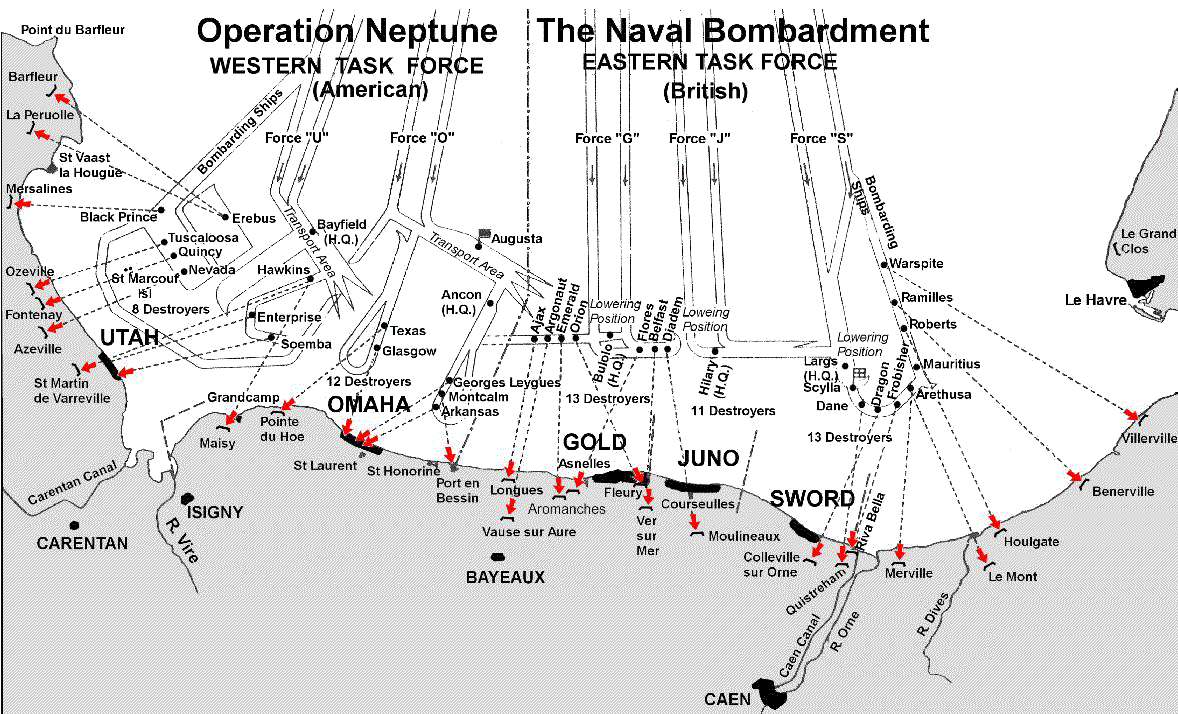That reminds me of a Normandy story.
On June 15, USS Texas received intelligence a German force was massing just beyond range of her 14” naval rifles. The captain flooded the blister tanks on one side of the ship, listing to one side, adding 5 degrees of arc to her range, and absolutely hammering the German formation before it could begin its assault.
On June 15, USS Texas received intelligence a German force was massing just beyond range of her 14” naval rifles. The captain flooded the blister tanks on one side of the ship, listing to one side, adding 5 degrees of arc to her range, and absolutely hammering the German formation before it could begin its assault.
Last edited:


